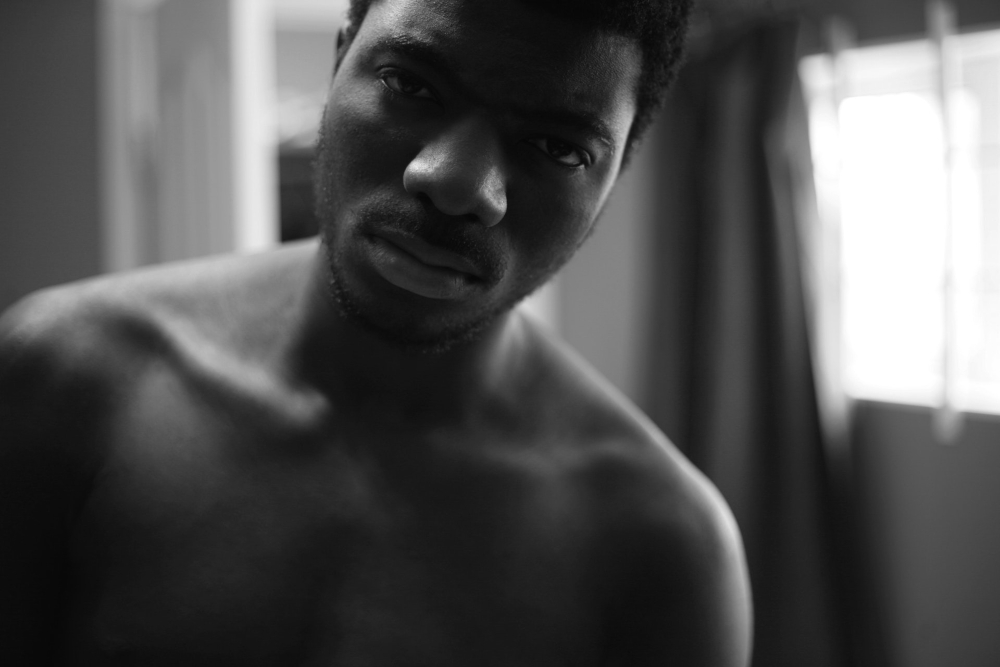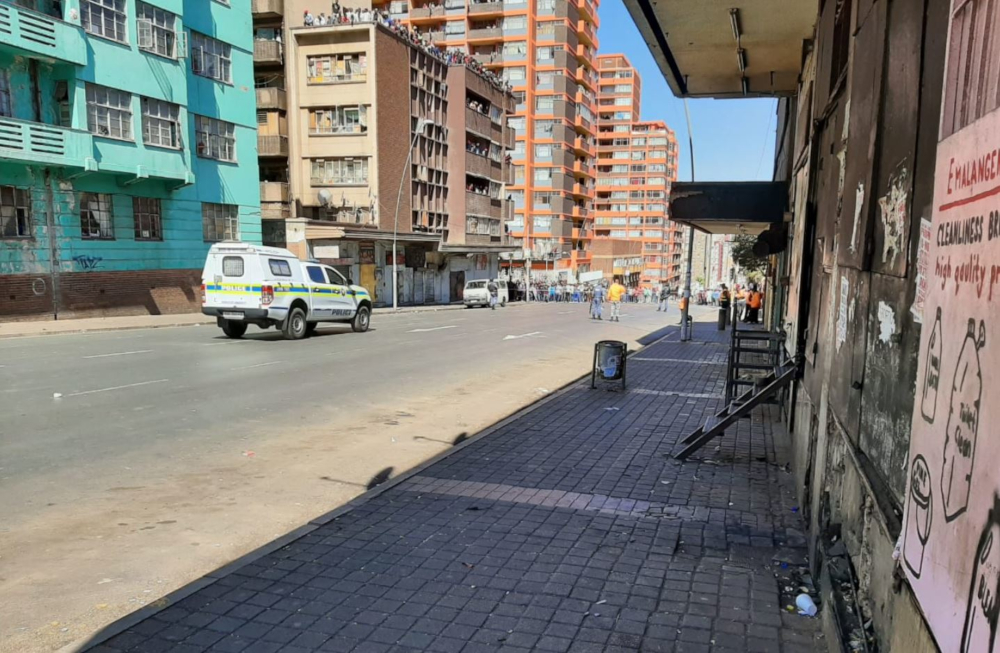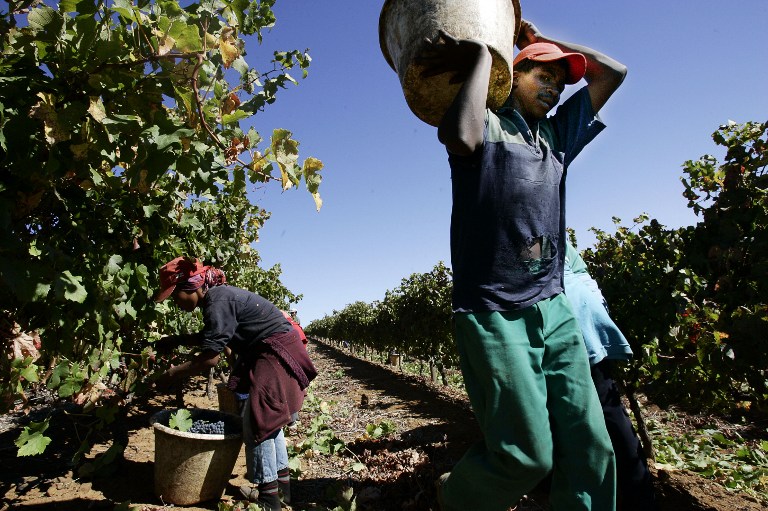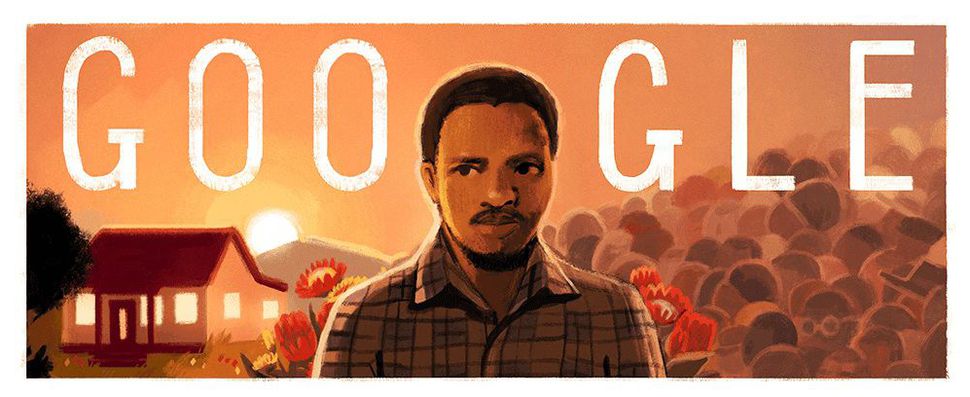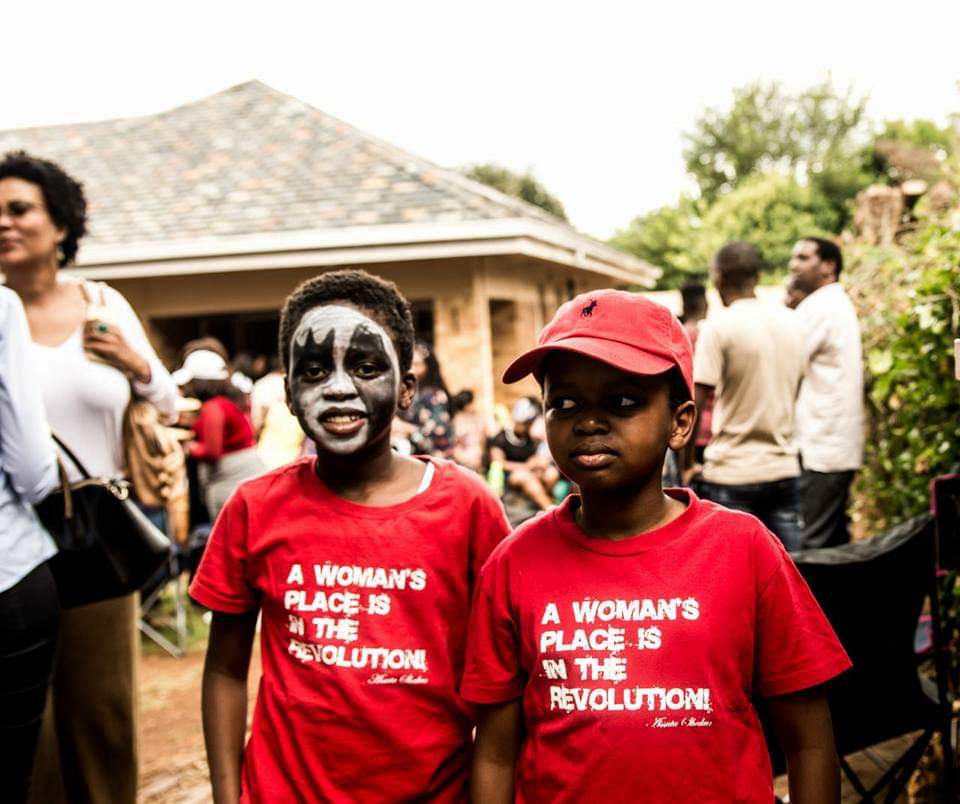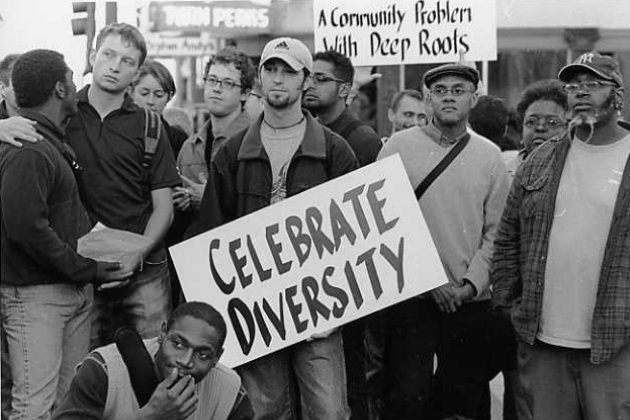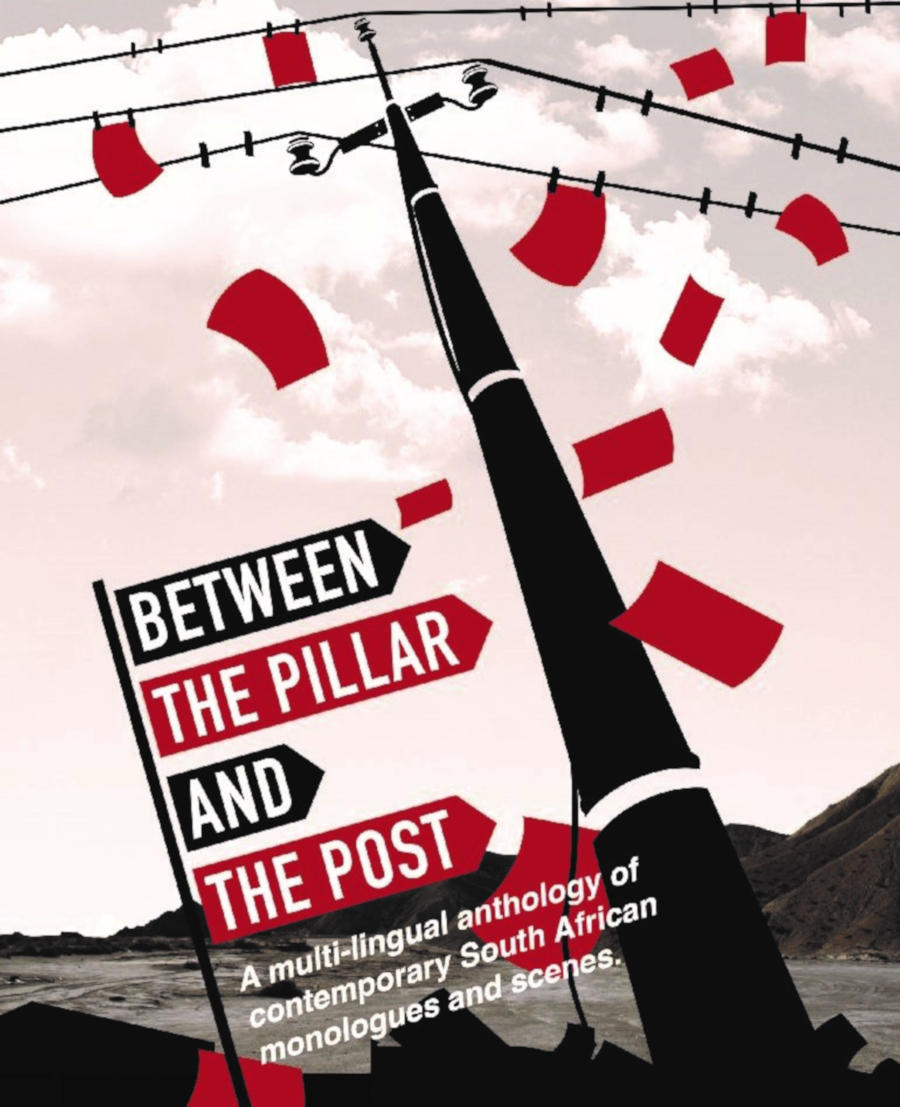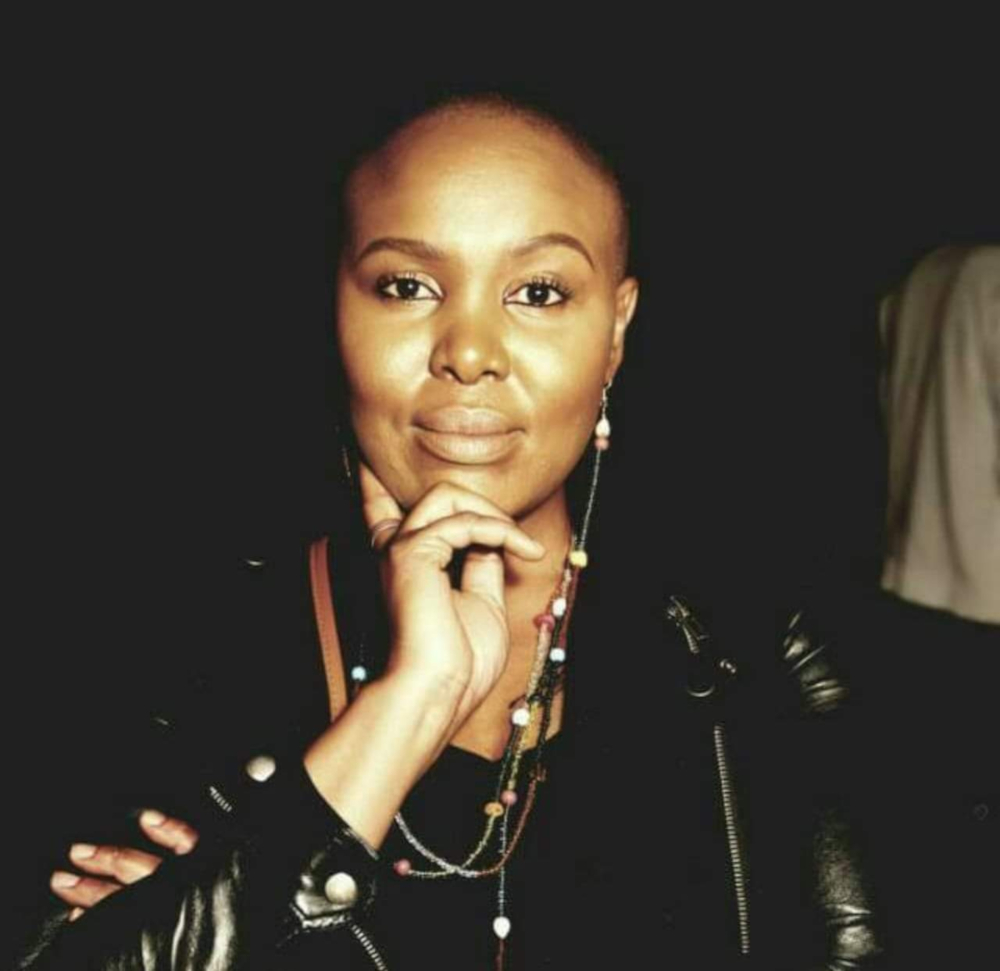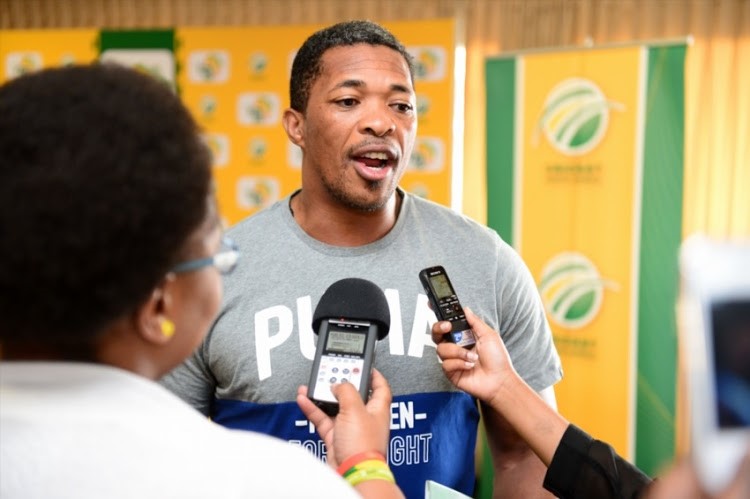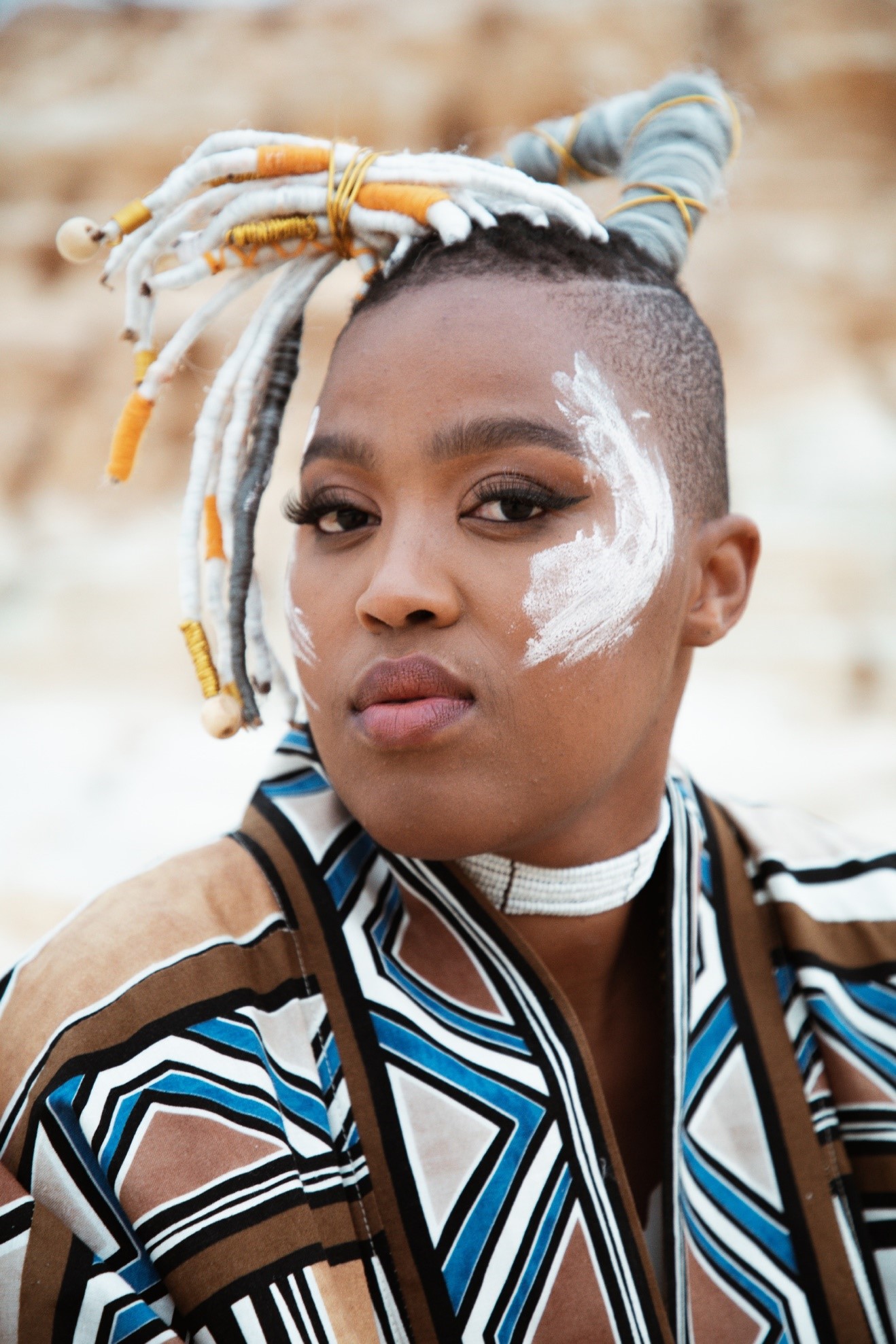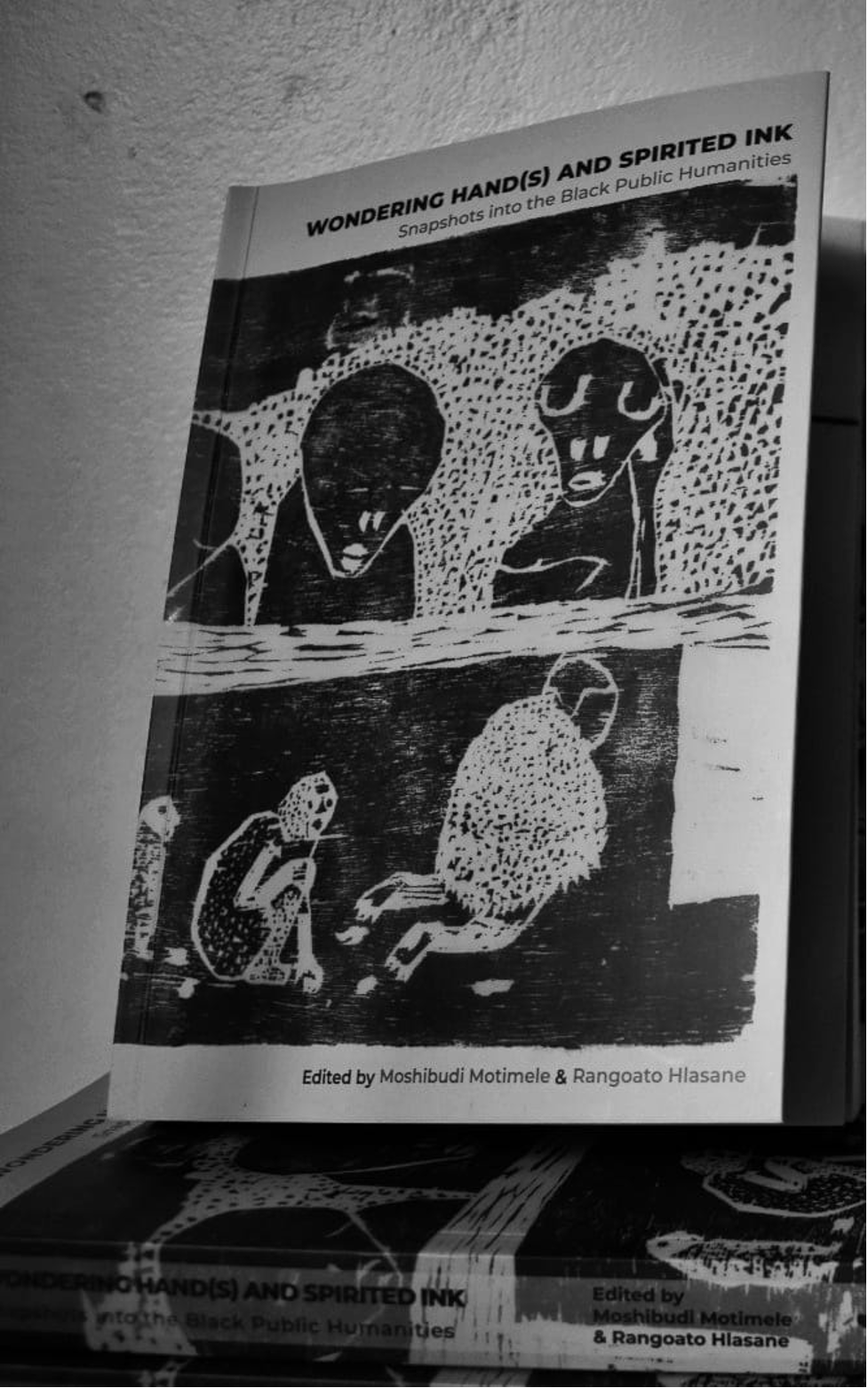There is nothing in this world other than violence that can take away the inherent sense of worth from a person. Not even poverty.
Nobody can be persuaded by words to give up their status of being human and take up a status of being a slave outside of violence. The mainstays of slavery can be by words, hence Biko would say that "the most potent weapon in the hand of the oppressor is mind of the oppressed". But oppression itself, that is the making of a human into a slave is a physical process, it can only be through violence, severe violence.
A slave is an adult who has had to become a child all over again. This is the experience of black people who leave their homes as adults but spend the day as children in the company of white people and then put on their adult face on their way home.
A slave is a permanent child who learns by mimicking the behaviour of the adult, the master.
One of the things we have learned from whites is violence towards a Black body.
Four hundred years of coexistence with white people has taught us that it is okay to inflict violence on a Black body. We have witnessed Black people being thrown to lions, crocodiles, banished to Robben Island, hanged, massacred, killed with hunger and disease. All of that has changed what we've always known and believed about the sanctity of human life.
We now attach value to life only if it is white because we have never seen white people subjected to the kind of violence Blacks have endured in these last 400 years.
I want to argue that the violence we see in the townships of South Africa today has its roots in the massacres of the 21st of March 1960 where 69 people died and June 16 1976 where over 900 people died in the space of one week, killed by white security police.
1976 was followed by vicious bouts of black on black violence fuelled by power mongering black leaders who sort to quash opposition. We have it on record that the ANC headquarters in Lusaka gave orders to cleanse South Africa of any other resistant movement or formations not directly under its leadership.
Not only was Biko referred to as a CIA agent, both PAC and AZAPO found themselves under attack and their members exposed to brutal killings including "necklacing".
By 1990 and towards the first democratic elections, black on black violence between the IFP and the ANC was state sponsored and saw people, particularly in KZN, leave their homes for years and others permanently disappear without a trace.
To this day wounds are festering and not once has the state ever considered a sort of a TRC to reverse the psychological damage caused by the black on black violence of the mid-eighties and early nineties.
Today in the post-apartheid apartheid, we see the continuation of black on black violence as the state responds with heavy handedness to black protest. In 2011 Ficksburg lost a 33-year-old teacher in the hands of seven black policemen. Andries Tatane was short at close range, he died leaving his wife Rose and children.
Who can forget the man in the green blanket, Noki Mgcineni fondly known as Mambush. On the 16th of August he, together with 32 other men, died in a hail of bullets by the South African Police.
The Black body is permanently marked with violence, created in violence, it is vulnerable to violence, it attracts violence.
Fanon argues that violence will be the only liberating tool for the Black body yet we have moralised the enemy and demonized the Black body. We have permission to inflict violence only on ourselves and not on the enemy.
The answer to stop violence towards the Black body is to redirect violence towards the white body. Violence is permanent, it's a question of which direction its going and what or who is its object.
Peace Among Africans, War To The Enemy

